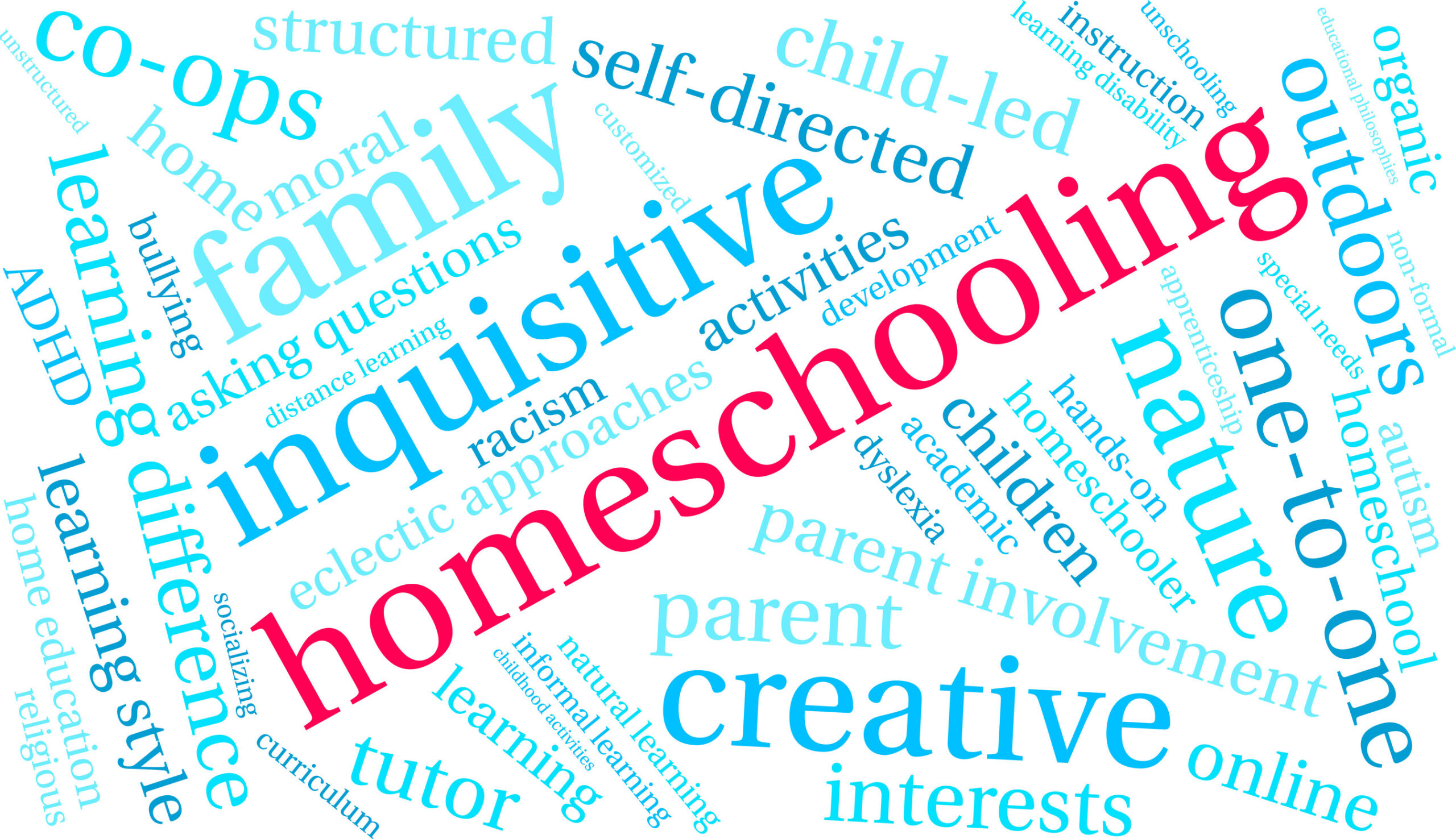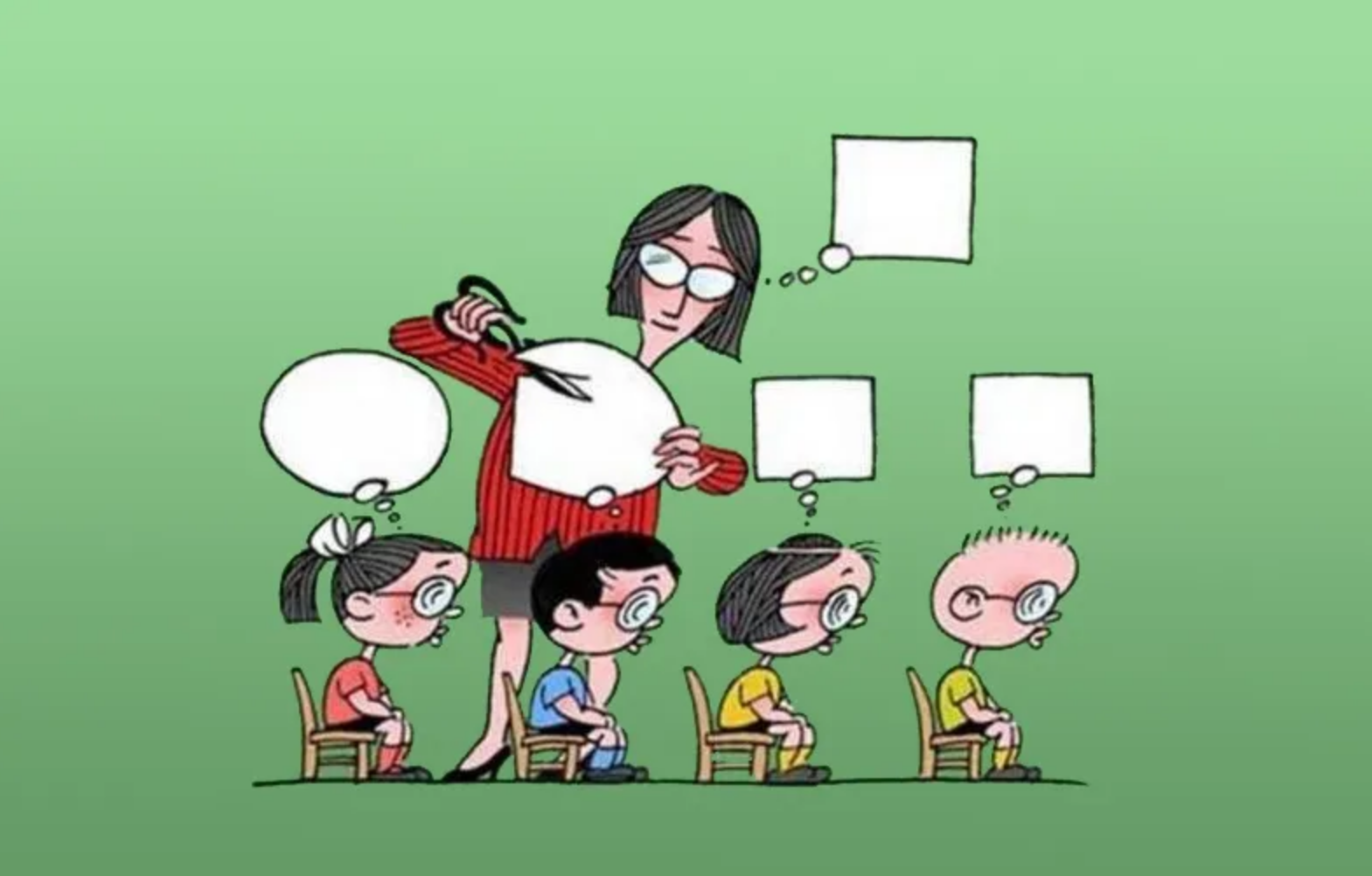So long as we permit our schools to be dominated by administrators who learn their trade from political activists and out-of-touch theorists, our schools will soak up ever more money and produce increasingly enfeebled graduates. We must fundamentally reform how both teachers, and school administrators, are trained, certified, and assessed.
As a veteran teacher, these are the qualities that I believe high school graduates should possess. They should be resilient enough to persevere in adversity. They should have a functional work ethic, and understand that this is the best basis to realize their dreams. They should be intellectually curious, eager to engage with difficult and controversial ideas for the sake of their own personal understanding. They should be acculturated, adapting themselves to social expectations well enough to purposefully effect change or defend tradition. They need courage, not given by “self-esteem programs” but earned from successfully overcoming obstacles.
Personal resilience, a work ethic, intellectual curiosity, acculturation, and courage are character traits, not testable knowledge. None of these virtues come from teaching to any exam. They are not purely intellectual. They can be built in a school culture willing to challenge kids to overcome genuine obstacles. Such personal strengths only come from struggle.
Yet, it is this very struggle that the cult of modern education has robbed from eager young students. Instead of pitting all students against an objectively difficult set of challenges and then helping the kids to overcome them, too many educators have been forced to coddle dysfunction and refrain from teaching natural consequences. In plain English, teachers are not permitted to fail students below a certain age. Even beyond this, every student failure is seen as a teacher failure. Students who self-destructively refuse to work are not given a wake-up call. The life lessons that are success and failure are stolen from them in the name of “nurturing.”
Such victims of the false compassion of interfering educators and risk-averse parents enter adulthood without the tools necessary to survive. They will be set up for failure; swamped by challenges in their twenties and thirties that they should have mastered in their teens.
The first steps in the decline towards mediocrity seen in most contemporary schools began a half century ago. A new trend demanded that kids be promoted from grade to grade when they had not mastered the requisite skills and knowledge in order to keep pace with their age groups. “Social promotion” became a cancer to meritocracy.
More than this, because they were socially promoted, struggling kids and their families were shown that all school requirements were optional. Far from experiencing a failure that inspired a troubled kid to buckle down and work harder, socially promoted students were passed along, sometimes until they earned worthless diplomas that they could barely read. This formed a significant part of the “classroom to jail pipeline” often referenced in news articles.
Next, the theories that reoriented learning from the received culture into discrete, quantifiable standards altered what was taught. Instead of old hands passing on the culture they had absorbed as youths, along with the associated content material, an increasingly fetishized set of standards replaced the shared traditional understanding that had previously defined passing credit, or more importantly an educated individual.
Percentile grading was targeted, because it too precisely quantified variations of “A,” “B,” and “C” quality passing work. Instead, four-point scales were proposed, where “Passing Credit” (a “3” or a “4”) sufficed, instead of people earning from a 70 percent up through a 100 percent.
Excellence was to be de-emphasized in order to avoid stigmatizing students who failed. No one was allowed to care if you were a 78 percent (C+) student or a 98 percent (A+) student. This practice demoralized high-achievers and confused college admissions. Thankfully, such grading has not yet become the norm in high schools.
Students with dysfunctional behaviors were all reclassified as having special needs. While this was often valid, such recognition of individual needs made it increasingly difficult for teachers to maintain the standards of order and discipline within their classrooms that allowed learning to happen. Anarchy distracts students. At worst, physical risks that had to be managed came into classrooms, pre-empting any attempt to master academic lessons.
The critical reason for this increasingly common loss of control was not parents. Tragically, there have always been parents whose own dysfunction made them their own kids’ worst enemies. It was an increasing refusal of school administrators to support teachers who held students to high standards of conduct. Soon, it became the norm for the strict teacher to be treated as the problem, rather than the misbehaving student. Administrative pressure was applied to drive such problematical individualists from the teaching profession.
This new philosophy of school administration came out of the academic, political, and legal worlds. Radicalized college pedagogues wished to use schools to radicalize youth into a revolution that would overthrow Judeo-Christian Western Civilization. Progressive politicians wanted to avoid challenging members of “disenfranchised” communities to adapt too fully to mainstream cultural norms. Conservative politicians equated rigorous testing as the key to school reform, de-emphasizing anything that distracted from a strong exam-orientation.
Lawyers who practiced school law found it increasingly unfruitful to put pressure on communities, parents, and students. Instead of fighting innumerable battles in court to uphold traditional school culture, it became much easier to control the actions and expectations of teachers, who were, after all, mere employees of the school system.
For the past quarter-century, such ideas have defined school administrator-certification programs. This is why it is so excruciatingly difficult to return school culture to a form recognizable to anyone over the age of 30.
Another fruit of this approach is grouping all students together in the same classroom, regardless of academic ability or behavioral conformity. The theory is that a rising tide raises all boats; that in these “heterogeneous groupings” the “better” students will elevate the performance and aspirations of the “worst.” In reality, quite the opposite became the norm. Lowest-common denominator became the new normal, both academically and behaviorally.
To further restrict teachers from making decisions that might rock the boat, a movement to compel every teacher into a series of “common assessments” has stripped most classroom teachers of any autonomy. Instead, once again, a common mediocrity has come to constrain all of the eccentric excellence of naturally born, spontaneous teaching.
Finally, our contemporary obsession with “woke” communism and identity politics have determined that the skills, habits, lore, and practice of our traditional Judeo-Christian Western Civilization are “toxic white supremacy.” Colorblind meritocracy, good manners, personal responsibility, and individual conscience are all damned as the racist oppression of the previously disenfranchised.
Such an antithesis of genuine education robs young people of all backgrounds of the basic ability to independently pursue their own life goals. Further, the inevitable consequence of this black hole of thought is the ultimate death of American freedom. Stripped of their history, robbed of their cultural identity, and deprived of their opportunity to grow up healthy and strong, America’s students will need the care of an indulgent social-welfare state. Such dependence always leads to slavery.
The key to unraveling this mess is for the Idaho legislature to fundamentally redesign the training, certification, and assessment of school administrators and teachers. The current model of theoretical college coursework should be scrapped in favor of a set of field apprenticeships, where the craft of education can be restored with reference to real students in actual schools.
The public, especially parents, must also demand that professional educators abandon their utopian pipe dreams and off-mission machinations. Teachers and school administrators must rededicate themselves to bringing coming generations into our shared Western Civilization as free and capable young Americans. Nothing less will do to save our students from what they have made of our schools.







